AI And The New Health Care
The first major industry to be fundamentally disrupted by artificial intelligence will be health care, America’s last 19th century industry. Major diseases are being cured at such a dramatic pace that if you can survive the next decade chances are you can live forever. DNA is the software of life and spending $3 billion to decode it by 2003 was the best investment the U.S. government ever made.
These are the opinions expressed by longtime friend Dr. Ray Kurzweil. These ideas may seem like the ravings of a mad lunatic. However, Kurzweil long ago became used to such criticisms. The funny thing is, his very long-term predictions have a nasty habit of coming true. For Kurzweil is the head of engineering at Google (GOOG), the co-founder of the Singularity University, and an early AI evangelist.
The outer shell of the human brain, the neocortex, is where we do all of our higher thinking. problem solving and imagining. It first appeared in our pre-mammalian ancestors some 200 million years ago. The neocortex enjoyed a sudden growth spurt 2 million years ago for reasons no one understands. Maybe that’s when we came out of the trees. This gave homo sapiens a huge advantage over all other life forms on earth.
The next step in our intellectual evolution will be carried out by AI. By connecting our neocortex to the Internet, we will improve our intelligence by a billion-fold. Imagine everyone you come into contact with is a billion times smarter than they are today. Ironically, such advances in human bionic connections have been greatly advanced by our recent wars in the Middle East, which created large numbers of quadriplegic veterans desperate for contact with the outside world.
Defense research dollars have poured in to meet this need. Last year, I saw a classified video of a disabled soldier operating a computer just by thinking about key strokes. Kurzweil calls such a connection the Singularity, where humans and computers become one. He envisions this taking place on a large scale by the mid-2040s. We already know how this will affect civilization because the billion-fold improvement in intelligence is already available in our hand in the form of a smartphone. All that is missing is the human/machine connection.
Over the past 1,000 years, human life expectancy has improved fourfold, from 19 to 80. As a result, a raft of new diseases has appeared only in the past century that show up late in life, such as cancer, diabetes, arthritis, Parkinson’s disease, and dementia. The problem with this is that a millennium is but a nanosecond in the course of human evolution. Human T-cells have not had the time to evolve to fend off an attack from a cancer cell, which is why the disease is ravaging the human race today. Cancer rates are up exponentially from the 19th century.
Fortunately, there is a way to speed up the evolutionary process. Microscopic nanobots the size of red blood cells can be designed to go after specific cancers, and then injected in swarms in your bloodstream to attack them. Such technologies require precise manufacturing at the atomic level and will be available in the early 2030s. I have seen pictures of such nanobots myself under an electron microscope in the scientific literature.
Alternatively, with some diseases, such as diabetes, all we need to do is to reprogram our software (DNA) to produce more insulin. This can be done with monoclonal antibodies, whereby a length of bad DNA is excised and a good one installed. By the end of 2017, the Food and Drug Administration had approved nearly 100 such molecules to deal with a whole range of genetic diseases (click here for the list).
Such advances will soon lead to what Kurzweil calls “Longevity Escape Velocity,” where advances in medical research are taking place faster than the natural aging process. Then we will only have to deal with senescence cells, which are internally programmed to turn themselves off at a certain age. Presumably monoclonal antibodies will be able to turn these back on as well. Of course, the investment implications of all of this will be prodigious. Perhaps that’s why the shares of the entire health care sector (XLV) and big pharma (XPH) have been on an absolute tear for the past two years.
I believe that technology and health care stocks will overwhelming be the major outperformers over the next two decades. We are seeing the profits from these revolutionary advances still into companies such as Pfizer (PFE), Bristol Myers Squibb (BMY), and Merck (MRK). However, all the health care advances in the world are not going to help you if you keep eating a cheeseburger for lunch every day. One study I always like to cite took place during WWII, when the global food supply shrank dramatically, and everyone was put on a strict mandatory diet. The incidence of every major disease fell by 30%.
At the end of the day, plenty of sleep, healthy eating, and exercise will always remain the greatest life extenders. Kurzweil himself has been an ardent vegetarian for most of his life. As for me, I rather have a good steak once a month and settle for living only to 120. Keep renewing those newsletter subscriptions!
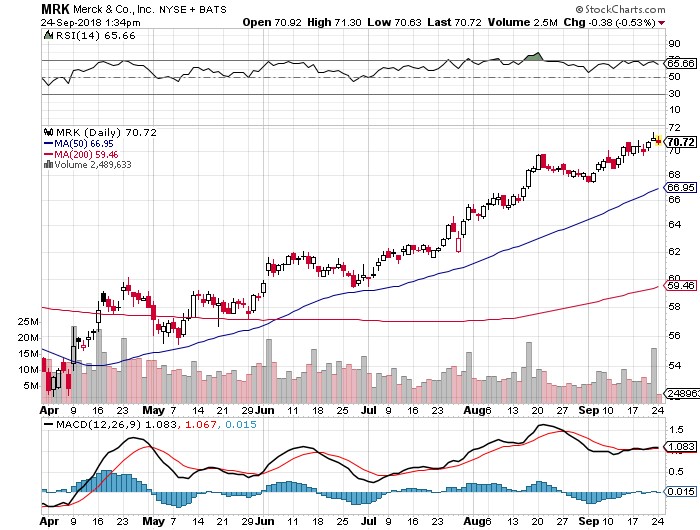
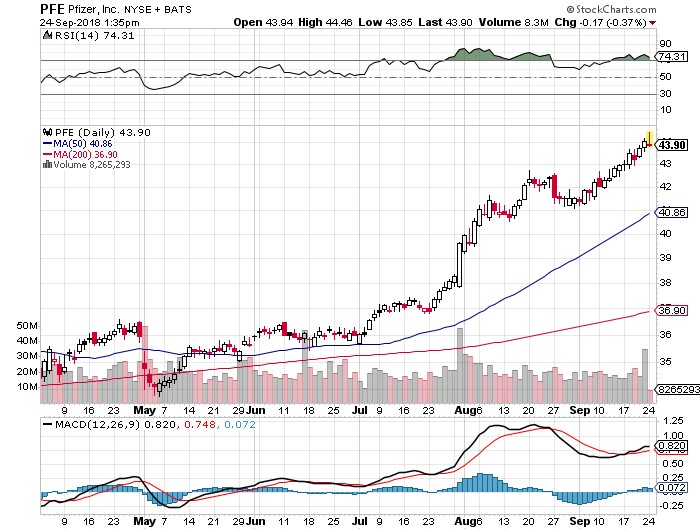
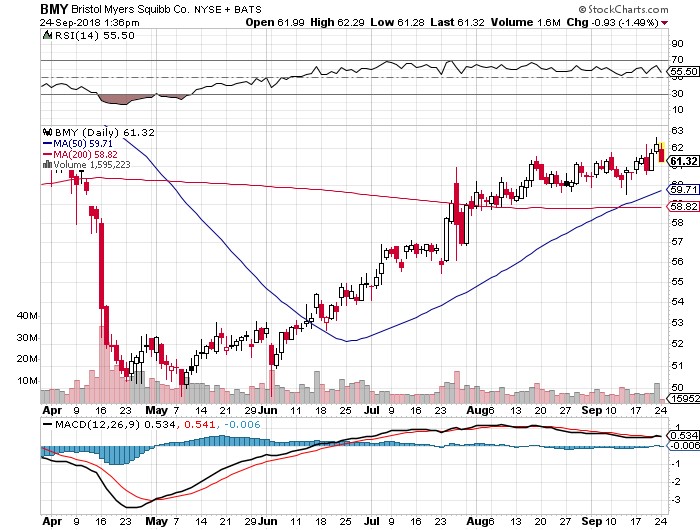
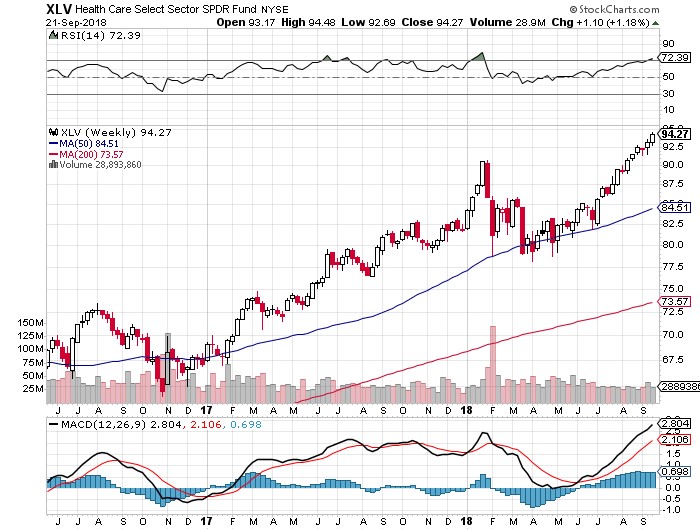
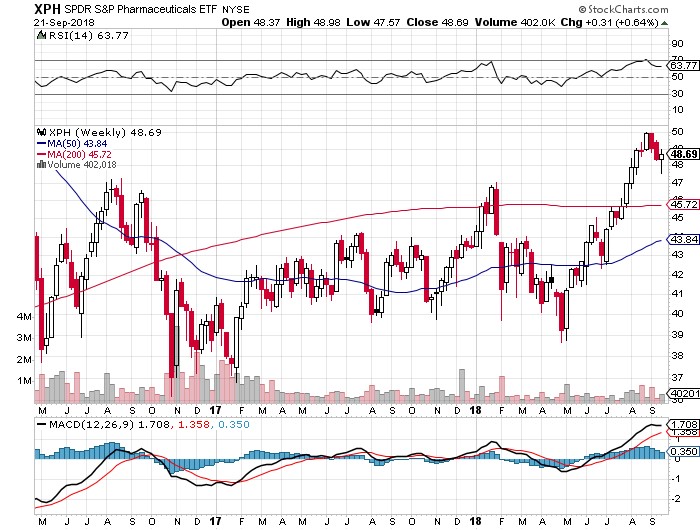
The Diary of a Mad Hedge Fund Trader, published since 2008, has become the top performing trade mentoring and research service in the industry, averaging a 34.84% annual return for ...
more


